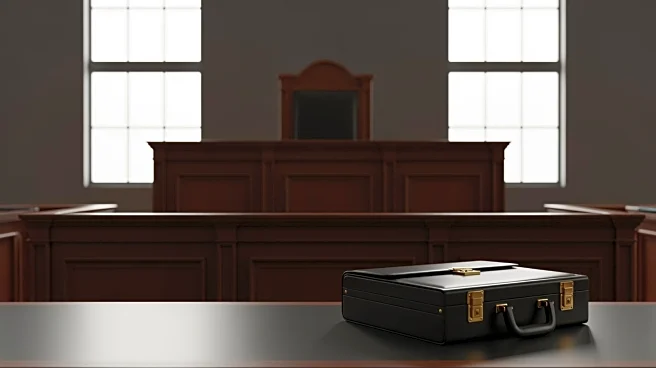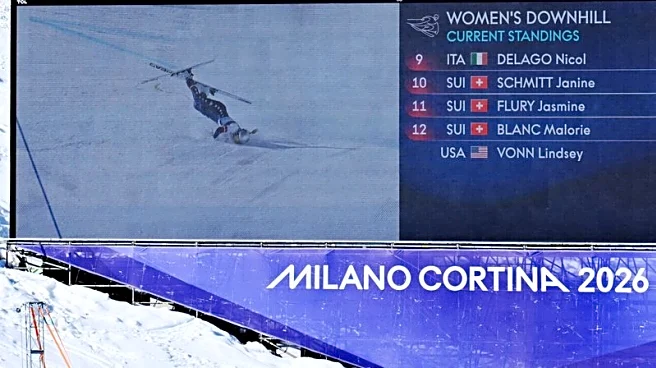What's Happening?
LaMonica McIver, involved in legal proceedings, faced a setback as a judge rejected her bid for immunity under the Speech and Debate Clause of the Constitution. This clause typically protects members of Congress
from arrest related to their legislative duties. However, the judge ruled that the defense does not apply to certain counts in the indictment, which involve actions outside Delaney Hall. McIver's attempt to intervene in an arrest was deemed outside the scope of legislative immunity, complicating her defense strategy.
Why It's Important?
The judge's decision has significant implications for McIver's legal strategy and highlights the limitations of legislative immunity in certain contexts. This ruling could influence future cases involving similar claims of immunity, potentially affecting how lawmakers navigate legal challenges related to their duties. The outcome may also impact public perception of legislative protections and their application, prompting discussions on the balance between legal accountability and legislative privilege.
What's Next?
McIver may need to reassess her defense strategy in light of the judge's ruling. Legal experts and her defense team will likely explore alternative arguments or seek other forms of legal protection. The case may proceed to trial, where the rejected immunity claim could play a pivotal role in the proceedings. Observers will be watching closely for any appeals or further legal maneuvers that could alter the course of the case.
Beyond the Headlines
The case raises broader questions about the scope of legislative immunity and its application in modern legal contexts. It may prompt lawmakers to consider reforms or clarifications to ensure that legislative protections are not misused or misunderstood. Additionally, the case could influence public trust in legislative processes and the accountability of elected officials, potentially impacting future legislative conduct and oversight.











